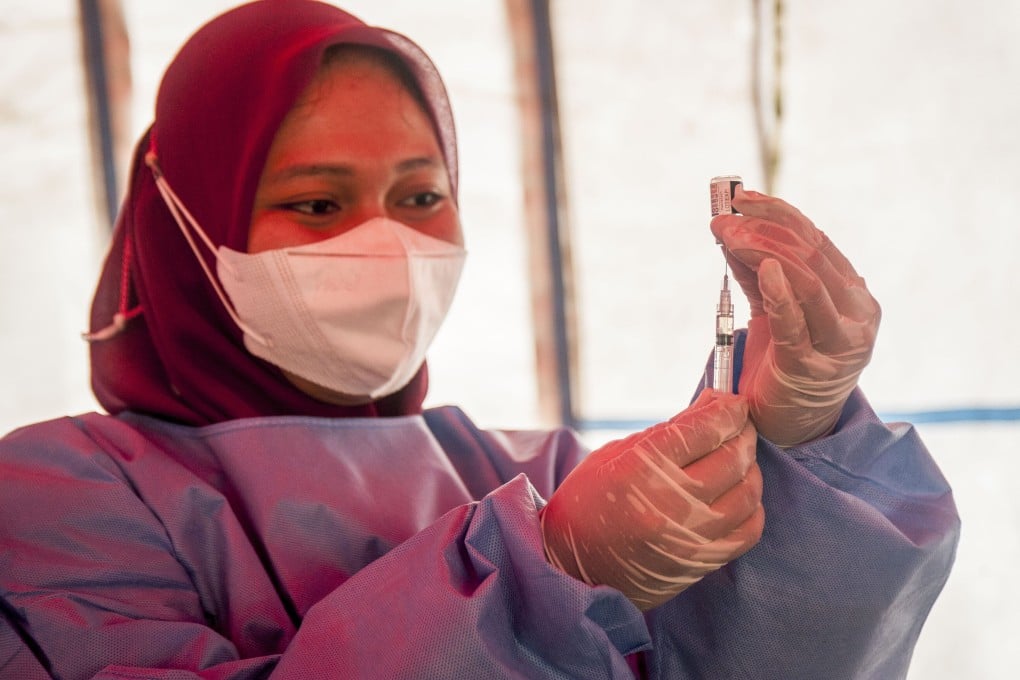Advertisement
Inside Out | Sad state of global cooperation bodes ill for next pandemic; can Asia set a better example?
- A WHO draft treaty on strengthening pandemic preparedness calls for improvements in global information sharing and resource distribution – and a lot more money
- While geopolitical tensions make such aims more challenging, groups like Apec can contribute a range of best practices on regional cooperation and fundraising
Reading Time:4 minutes
Why you can trust SCMP
5

Almost three years ago, as Covid-19 was sweeping across the world and we were spiralling into the worst global pandemic seen in a century, I wrote here in the Post that “some practical and globally agreed ground rules are urgently overdue”.
A couple of months later, with no vaccines yet in sight, I listed several lessons that I thought we had learned: that international cooperation and a unified approach were essential; that science had to lead our response; that large amounts of pre-emptive investment would be needed; that a short menu of simple actions would slow the spread (including wearing masks, avoiding crowded places, and conducting intelligently targeted testing and contact tracing); that even though Covid-19 was wreaking havoc worldwide, it was not “the big one” – which would be climate change; and finally, that we remain poor at judging the risks we face.
Today, I am still not certain all of these lessons have been learned. But after around 20 million deaths, and economic costs estimated by the International Monetary Fund (IMF) to be over US$12 trillion, the World Health Organization (WHO) has at last released a “zero draft” of a global treaty on pandemic prevention, preparedness and response, with serious negotiation set to start on February 28.
Advertisement
The paper starts with a sobering admission that a formal treaty was needed “in recognition of the catastrophic failure of the international community in showing solidarity and equity in response to the Covid-19 pandemic”.
What the treaty will eventually look like, only time will tell. The deadline for completion is a WHO World Health Assembly planned for May next year. But as Richard Horton, the highly-regarded editor of the Lancet medical journal, warned just a week ago, “delivering a global agreement on pandemic preparedness and response would be challenging even in the best of circumstances. And today’s fractured and hostile world does not present the best of circumstances”.
Advertisement
The “zero draft” contains some valuable detail on how to build an equitable, end-to-end health security ecosystem. For example, recommendations on supply chain resilience point towards detailed arrangements on the products that will be needed to ensure health security, where the products will be needed and in what quantities, how to ensure fair distribution, and the need for regional hubs and staging areas.
Advertisement
Select Voice
Choose your listening speed
Get through articles 2x faster
1.25x
250 WPM
Slow
Average
Fast
1.25x
